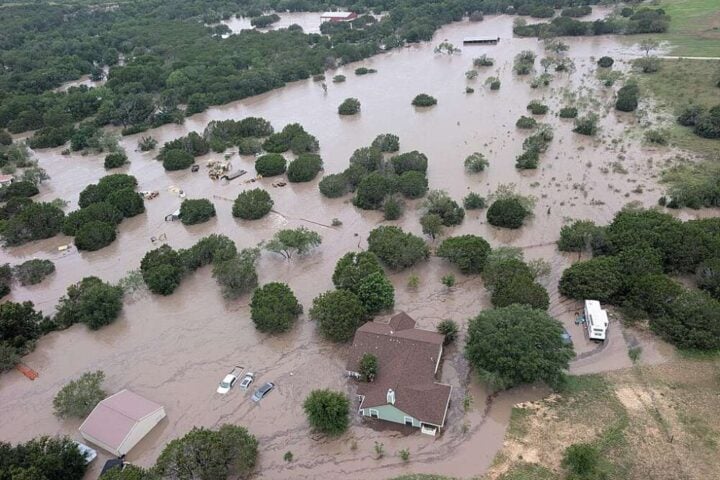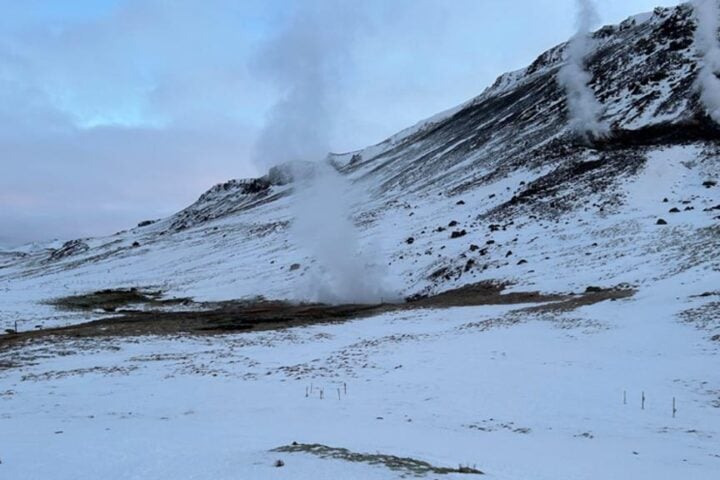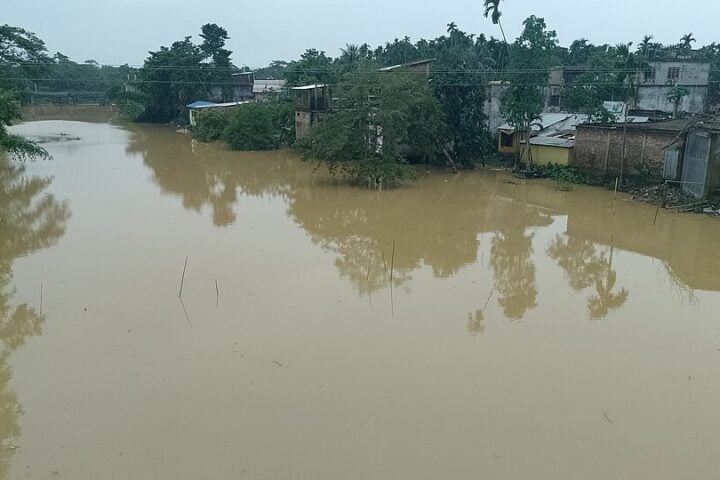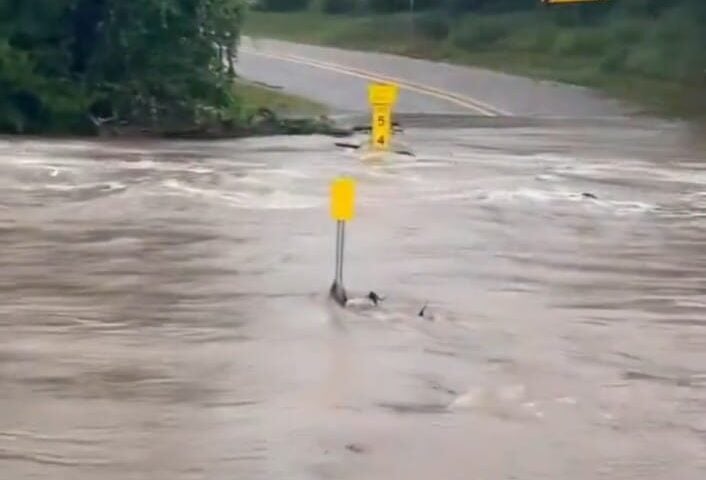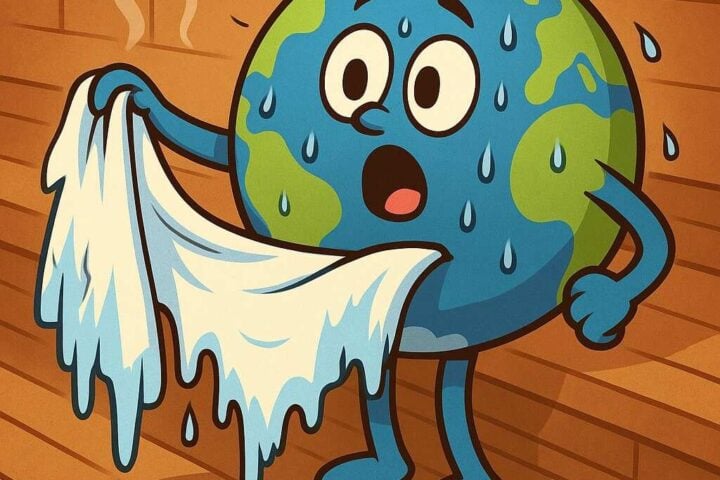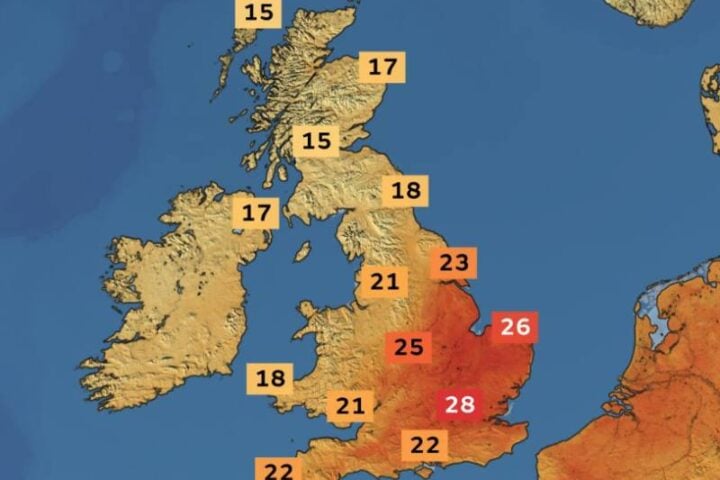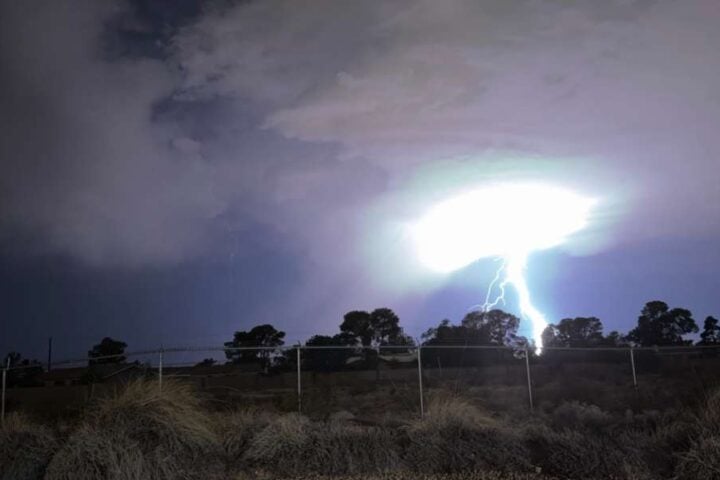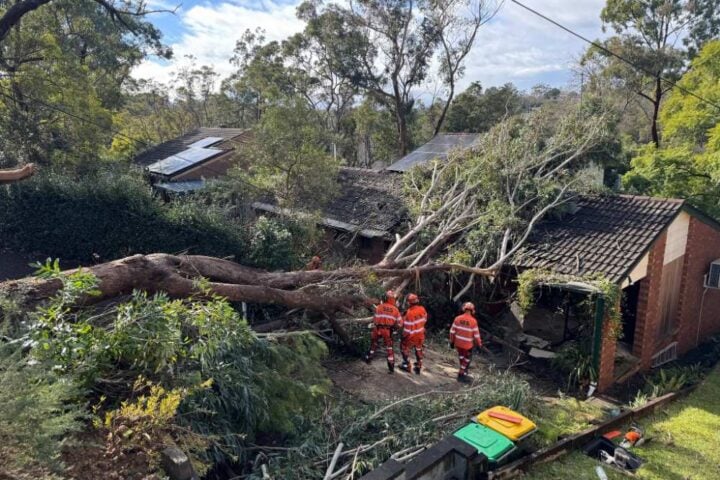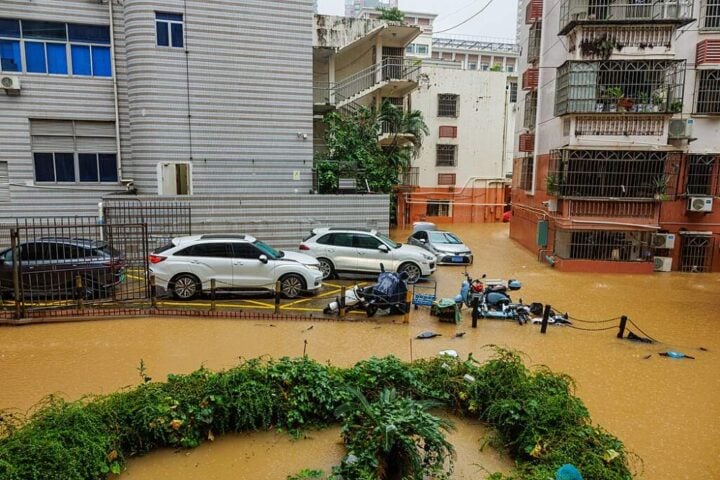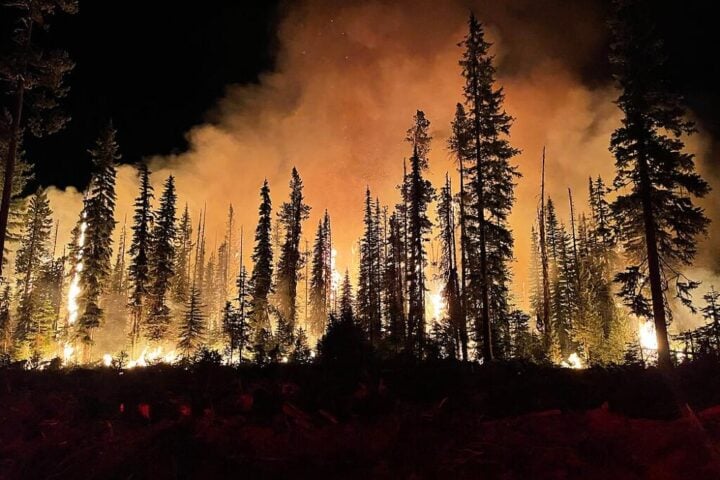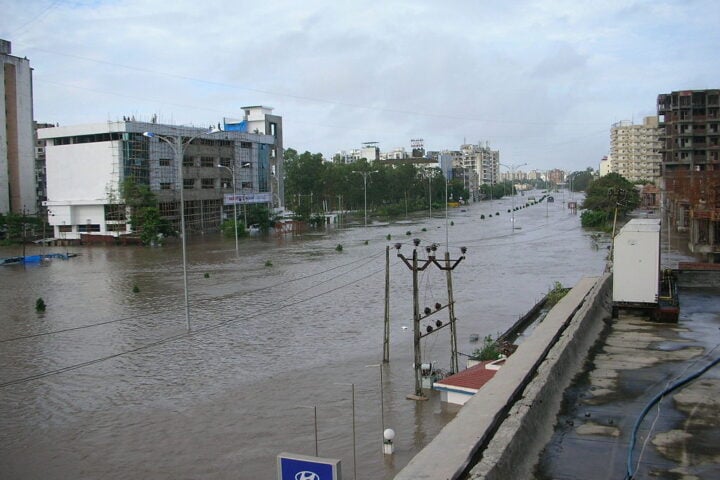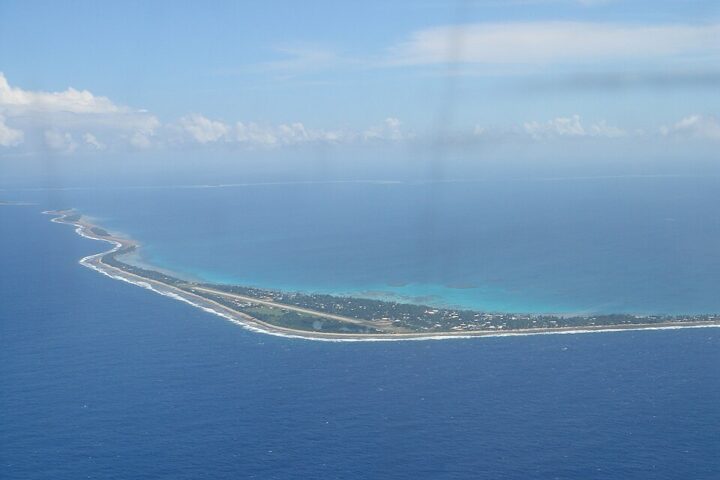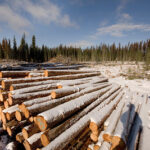Projects that aim to reduce deforestation often sell carbon credits, especially to consumers purchasing flight tickets. “Over 90% of these credits do not genuinely offset carbon emissions,” warns environmental scientist Thales A.P. West. The global interest in carbon credits has surged, reaching a market valuation of $2 billion in 2022. The Paris Agreement of 2015 actively promotes the transfer of carbon credits, tradable units that compensate for CO2 emissions.
Thales Pupo West and his team assessed the impact of voluntary REDD+ projects, which focus on reducing emissions from deforestation in developing nations. REDD+ serves as a voluntary tool for climate change mitigation, allowing CO2 emissions to be compensated through forest conservation. The research team gathered data on voluntary REDD+ projects, including historical deforestation rates, to create counterfactual scenarios. These counterfactuals depict potential outcomes in the absence of the REDD+ program. A comparison between the researchers’ calculations and those of the project developers revealed significant discrepancies.
Alarmingly, the majority of these projects showed no tangible evidence of reducing deforestation. The study estimates that a staggering 90% of carbon credits from REDD+ projects fail to offset carbon emissions. Furthermore, the few projects that did reduce deforestation often overestimated their impact. This overestimation leads to the issuance of more carbon credits than is warranted. The researchers caution that carbon offsets purchased by individuals and organizations are predominantly “hot air,” offering no real offset. “We are deluding ourselves with these purchases,” states West, emphasizing the gravity of the situation. Billions are being spent on a climate change strategy that’s ineffective, rather than channeling funds into viable solutions like clean energy.
The study titled, ‘Action needed to make carbon offsets from forest conservation work for climate change mitigation,’ was featured in Science. This research builds upon prior studies that examined a subset of REDD+ projects in the Brazilian Amazon. West collaborated with experts from institutions like the University of Cambridge, the University of Bonn, and the European Forest Institute in Barcelona. It’s crucial to note that carbon credits are not a new topic of debate; in July 2023, it was reported that CO2 offsets from the fossil industry were ineffective.
Similar Post
The implications of these findings are profound, urging a reevaluation of the current carbon credit system. “It’s time to redirect our resources and efforts towards tangible climate change solutions,” suggests West. The credibility of carbon credits is at stake, with consumers and organizations potentially investing in empty promises. The global community must prioritize transparency and accuracy in carbon offset projects to ensure genuine climate impact. As the climate crisis worsens, we urgently need trustworthy solutions. “We cannot afford to be complacent or misguided in our approach,” warns West. The results are a warning for leaders, companies, and people.
It’s imperative to scrutinize and validate the claims of carbon offset projects before endorsing or investing in them. The research underscores the importance of due diligence and informed decision-making in the realm of climate change mitigation. “Trust, but verify,” should be the guiding principle when navigating the complex landscape of carbon credits. The global community must unite in its efforts to combat climate change, ensuring that every dollar spent makes a genuine difference. As the demand for carbon credits grows, so does the responsibility to ensure their authenticity and impact. “Let’s channel our resources into solutions that offer real hope for our planet,” urges West. The study shows that not everything in carbon credits is as good as it seems. We need to shift to truly sustainable methods. “Our planet deserves better, and so do future generations,” concludes West, emphasizing the urgency of the situation.



